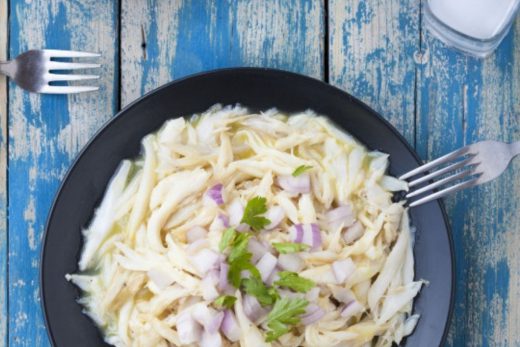If stress contributes to your emotional eatery, apply balancing methods that will make you feel good. When you’re not hungry, put activity to distract you instead of snacking.
Try stress management techniques such as yoga, meditation or deep breathing.
Staying still at home can lead to boredom, stress and increased frequency of snacking. To combat this, make sure to take the time for daily physical activity.
Do online exercise, walking, running, yoga or any other activity where you focus on breathing. Get a portable walkingpad or trampoline for cooling or quarantine days, and enjoy your sport at home.
Creating a meal plan for the days you are at home and a menu for meals is beneficial for controlled eating. Having a food and snack program regulates when we eat and how much we eat to avoid overee eating.
There is no right or wrong cooking program. Plan what’s right for you and meal breaks according to your day. Stick to your schedule. If you feed on your main meals on a cell basis during the season, fresh vegetables and fruits containing the energy of the rain of fresh, if possible organic soil, the right proteins, fats that provide omega balance, sprouted pulses, fermented foods, seeds and spices.
Choosing a balanced diet that suits our body structure, consuming foods rich in fiber and high-quality omega-3 fats, helps slow down the absorption of sugar and you do not feel a longing, especially at night.
Most often hunger mimics dehydration. Because they signal from the same center in the brain, what we think is hunger may actually be thirst. Drinking enough water is important for overall health and can help you prevent stress-related overea eating.
Dehydration can lead to changes in mood, attention and energy levels, which can affect your eating habits . If you’re having trouble drinking water, add a few slices of pesticide-free fresh fruit to your water to combat dehydration and enhance its flavor. It can help you drink more water throughout the day without adding sugar or calories to your diet.





